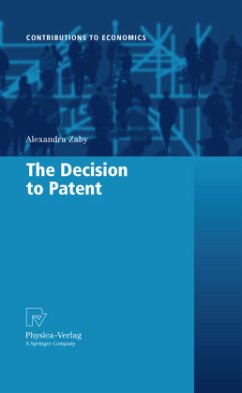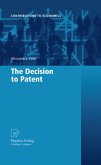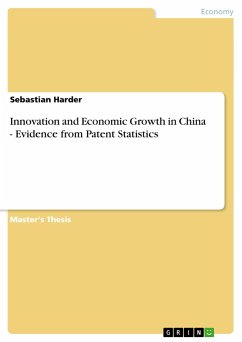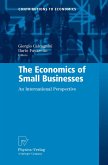This book provides a thorough analysis of the decision to apply for a patent. Unlike many other theoretical approaches, the negative effect a patent may have due to the disclosure requirement linked to every patent application is taken into account. Seen in this light, the effects driving the propensity to patent can be identified as the opposing forces of a protective and a disclosure effect.The theoretical investigation includes an analysis of patenting behavior in a setting with vertically and horizontally differentiated products. Due to imperfect patent protection competitors of the patentee may enter the market for the innovative product despite a patent. An empirical investigation of the theoretical results with data from the 2005 Mannheim Innovation Panel in combination with patent information from the European Patent Office provides strong evidence for the main conclusions.
Bitte wählen Sie Ihr Anliegen aus.
Rechnungen
Retourenschein anfordern
Bestellstatus
Storno








